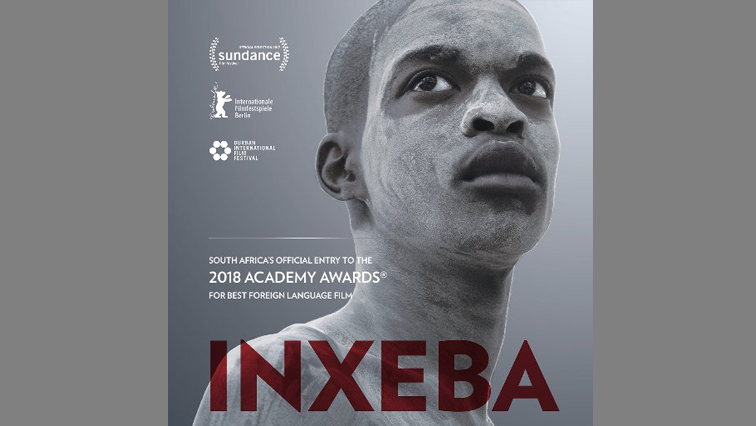The South African Human Rights Commission (SAHRC) confirms it has received a complaint about the cancelled screenings of Inxeba: The Wound – following protests against the film and threats of intimidation and violence.
The film has sparked much controversy in South Africa, arising from allegations that it violates the sanctity of cultural practises, which by their nature are secret, others lead to the form of portrayal of practise. Objectors to the film indicate that the content not only flouts cultural norms and practise but is an inaccurate portrayal of initiation practise.
The Commission is mindful that the rights to culture, dignity, protest and freedom of expression are protected in our law. Our protections are similar in nature to protections for these rights globally.
The Constitution, recognises the complexities relating to the right to freedom of expression. Through section 16 of the Constitution, freedom of expression, provides special protections for freedom of the press and other media, and freedom to receive or impart information or ideas and freedom of artistic creativity. However, these rights cannot be exercised in a manner that infringes the exercise of other rights unlawfully and our courts have been careful to guide us on these issues.
The right to freedom of expression may include expression even in the form of art or film that can cause offence, or which may be shocking or disturbing. Such work is protected. Where such work amounts to the incitement of imminent violence; or advocacy of hatred that is based on race, ethnicity, gender or religion, and constitutes incitement to cause harm the protected expression is not allowed in our law.
The protections are in place to allow artistic creativity to flourish and through such creativity to stimulate thought and opinion in democratic countries like South Africa. In South Africa the protections apply to art forms, including music and to the media. Where expression of this nature has to be limited, it must be shown to violate the rights to equality and dignity before it may be prohibited in or our law.
The right to protest is also protected by the Constitution. However, the right to protest must be exercised without destruction or violence. Based on the complaint to the Commission and our monitoring of reports of intimidation, threats of violence and death threats made in relation to the screening of Inxeba: The Wound is condemned.
The Commission thus calls on all who feel aggrieved by Inxeba: The Wound to exercise their right to protest within the confines of the law, and to engage more constructively about the concerns to ensure that while the protests demonstrate an objection, the act of protest remains lawful and in accordance with the Constitution and the Bill of Rights.
The Commission would thus like to urge those who are protesting against the film, and those who support it, to be mindful of the fact that disputes over constitutionally enshrined rights – the right to freedom of expression and the right to dignity of cultural, religious, and linguistic communities – should be ventilated in a peaceful manner.






